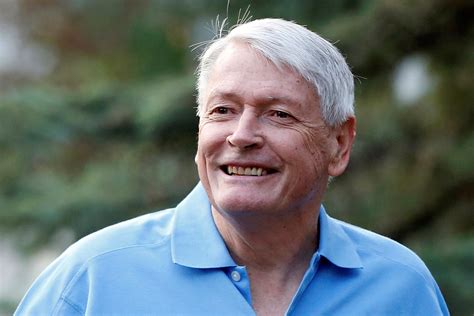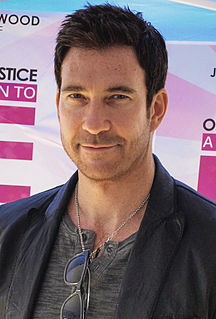A Quote by Carol Bartz
It's very, very hard to affect culture. And you can get surprised thinking you're farther down the path of change than you really are because, frankly, most of us like the way things are.
Related Quotes
I am good in the fact that most of my reviews have been very positive really. I get pretty good reviews. There have been some that aren't - critical. I think they are extremely - the people that wrote them really don't understand what they are looking at quite frankly or have a very preconceived notion of what conceptual art should be or where I am at or the fact that I may change what I have done from what I did 20 years ago. But there is always some reason that they just sort of get it wrong. And so it certainly doesn't affect my work.
What's hard to do is describe why you like something. Because ultimately, the reason things move people is very amorphous. You can be cerebral about things you hate, but most of the things you like tend to be very emotive. It's really hard to do a literary reproduction of what makes you happy. That's what I try to do. If nothing else, it seems like there's enough people out there telling the world what isn't cool, or what's terrible, or what's depressing. I think there's an element of cynicism in my writing, but I'm an optimistic cynic.
Although I usually think I know what I'm going to be writing about, what I'm going to say, most of the time it doesn't happen that way at all. At some point I get misled down a garden path, I get surprised by an idea that I hadn't anticipated getting, which is a little bit like being in a laboratory.
Solar flares affect our everyday lives in all kinds of mundane ways. They affect satellites, they affect our emotions, and so on, but they also affect the nature of the light that is coming to us, which is kind of the way that the DNA unfolds. And on those levels hardly anyone really understands all of this, and I don't either. I just know that what is going on in the Sun is very important.
I've been frankly very surprised at the intensity of our differences [with Russia]. I mean, between what appears to be hacking of our political system to the aggressive use of nukes on the borders, to these atrocities in Syria and their warnings. I've been very, very surprised at the intensity of all this.
I am a big fan of Neil DeGrasse Tyson. He's the voice of science and scientific thinking in the United States and the world. He's the most visible proponent of scientific thinking, and he's very unflinching about it. He knows that it's correct and vouches for it in a very intelligent and very firm way, which I really appreciate.


































